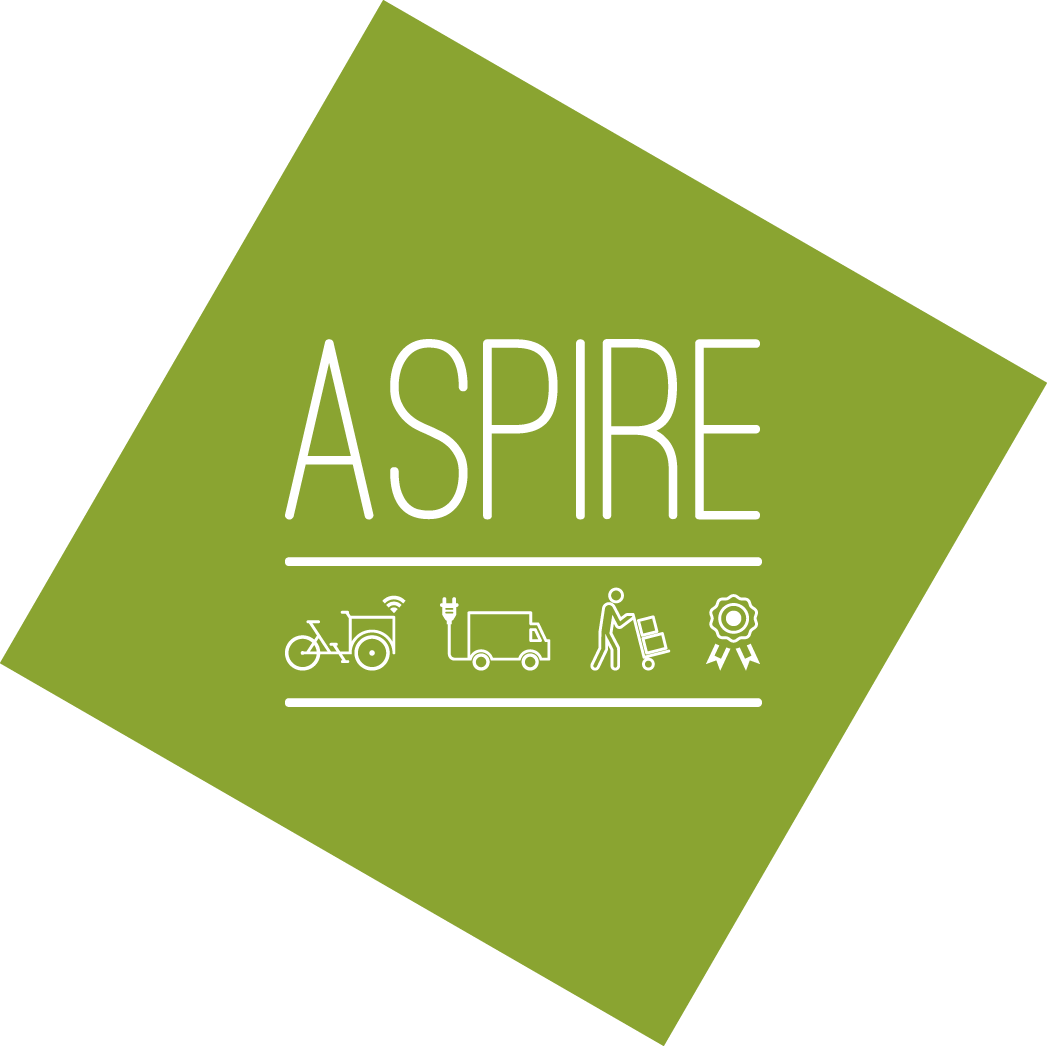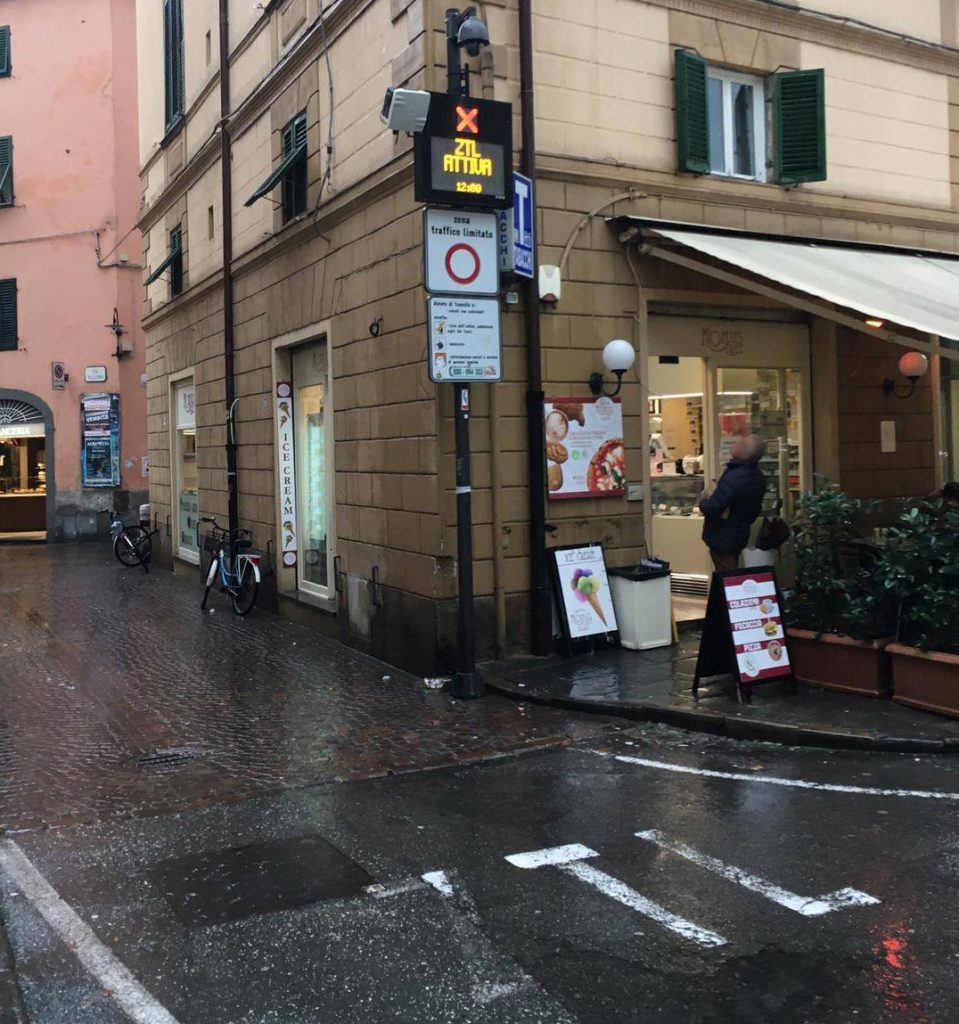LIFE ASPIRE demonstration phase has kicked off.
This phase represents for the project an actual turning point. The cooperation among all involved actors (Municipality of Lucca, METRO, logistic operators and business owners) is essential for its success.
The demonstration phase, just started, will last at least the end of the project (foreseen for March 2021). It will allow testing all the measures foreseen by the project, in order to rationalize freight mobility within the RTZ city area and to contribute to decarbonize urban logistics processes.
The work carried out by LIFE ASPIRE consortium, in the first two years, has allowed building the basis of this phase. The interest of all involved actors is working to develop this phase the best possible. In fact, the results will help to try to create new rules and policies – to access the historic center –, which may help to improve air and life quality in the urban environment not only in Lucca but, also, in the other cities (partner of the project) having similar characteristics and problems.
But…. what does it mean beginning of the demonstration phase? How is it going to work in practice? What this will mean for the involved operators and stakeholders?
From the 1st of January and, according to the calendar established in the City Council Resolution n. 295 dated 20th December, METRO has started the “Lucca Mobility Pass” distribution to carriers working in the historic center and, therefore, holding a permit to circulate within the RTZ. The “Lucca Mobility Pass” it is none other than a label, equipped with an RFID tag, which must be displayed on the vehicle windscreen, next to the historic center access permit. Thanks to the tag, the installed antennas will automatically detect the passage of the vehicle both entering and exit the RTZ – to monitor the duration of stay in the RTZ. In accordance with privacy law, the information will be managed anonymously and only to attribute on statistical bases the Eco points to the most eco sustainable logistics operators.
Lucca Municipality will use this demonstration period in order to define an “awarding” system that could encourage the more sustainable operators through, for instance, a reduction of the permit cost or the access to additional services.
For the moment, all the RFID antennas installed in various location for entrance/exit the RTZ are active; all the load/unload bays have been equipped with smart parking sensors; the cargo bike sharing stations are about to be installed – the service will be available from the end of February 2020-; the LOCMAP platform and the LIFE ASPIRE App have been completed and the rules for the attribution of Eco points have been approved by the City Council.
Now all that is left is to test on site what foreseen in the project to improve the quality of the urban environment!

